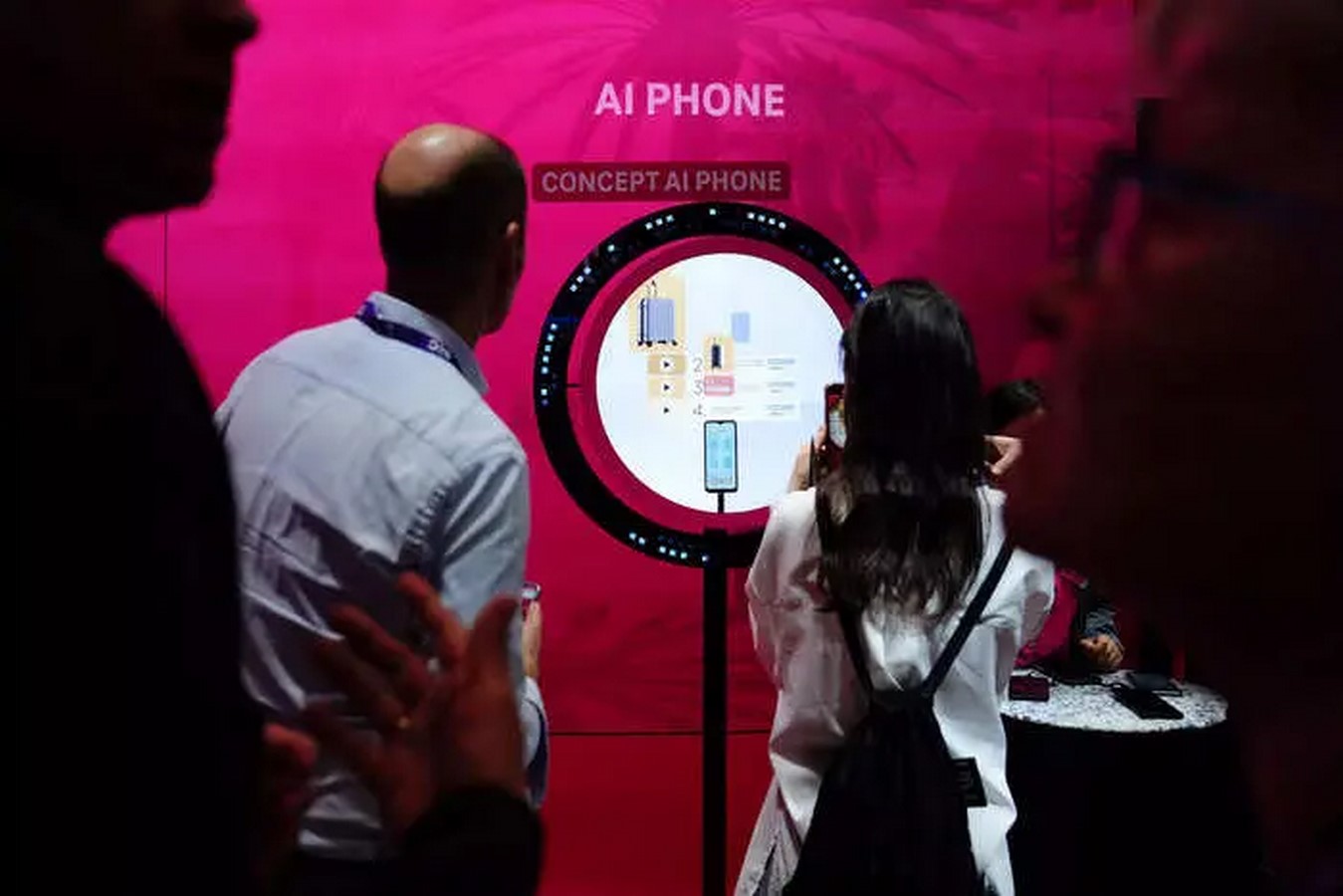The Rise of AI in Smartphones: A New Era Dawns

At Mobile World Congress 2024, the buzzword on everyone’s lips is “artificial intelligence” (AI), signaling a significant shift in the smartphone landscape. Amidst the flurry of discussions and demonstrations, it has become evident that AI is poised to revolutionize the way we interact with our mobile devices. While AI-powered tools like ChatGPT and Google’s Gemini chatbot already exist, there’s a growing push to integrate AI capabilities directly into smartphones, eliminating the need for constant internet connectivity to offload processing tasks.
Localized AI: A Game-Changer
Leading phone manufacturers are keen to capitalize on the AI revolution by embedding AI tools directly into smartphones. This move not only promises faster performance but also enhances privacy by minimizing reliance on remote servers for processing. For users, it means smoother interactions and reduced data transmission to external servers. From a business perspective, integrating AI capabilities into smartphones offers companies a compelling selling point to attract customers in a competitive market.

Overcoming Challenges
Despite the potential benefits, running large language models (LLMs) directly on smartphones presents significant challenges. The cost of processing queries using AI is substantial, raising concerns about the sustainability of such endeavors in the long run. However, companies like Qualcomm are actively addressing these challenges by developing power-efficient chips capable of supporting AI tasks on mobile devices. Collaborations between chipmakers and phone manufacturers, such as Qualcomm’s partnership with Samsung and Honor, aim to optimize AI performance while minimizing energy consumption.
Pioneering AI Features
At Mobile World Congress, leading smartphone brands showcased innovative AI features designed to enhance user experiences. Samsung unveiled live translation capabilities, while Xiaomi demonstrated advanced video-editing tools powered by AI. These features not only showcase the versatility of AI but also inject much-needed excitement into a smartphone market that has seen stagnation in recent years.
The Future of Smartphone AI
Looking ahead, the integration of AI into smartphones is poised to transform the way we interact with our devices. Concepts like personalized AI assistants, as demonstrated by Motorola’s MotoAI, represent a glimpse into the future of AI-driven smartphone experiences. The shift towards on-device AI processing signals a departure from app-centric interfaces towards more intuitive, AI-driven interactions tailored to individual users’ preferences.
Embracing the AI Revolution
As smartphone manufacturers continue to innovate and integrate AI capabilities into their devices, the era of app-centric interactions may soon give way to a more seamless and personalized user experience. With AI at the helm, smartphones are evolving into intelligent companions that adapt to users’ needs and preferences, heralding a new era in mobile technology.
















